When done right, an airline’s livery can be one of its most effective marketing tools. A memorable paint scheme can help to galvanize wider brand recognition, which in turn fuels a carrier’s growth. However, sometimes, airlines will deviate from their known templates to coat certain aircraft in special liveries. But what are the reasons for doing this?
Old-school throwbacks
A retro paint scheme is one of the most common types of special livery. These designs represent a perfect opportunity for airlines to celebrate their long and rich histories. And indeed, these histories are only getting longer and richer. Several airlines around the world have celebrated their centenaries in recent years.
In 2019, British Airways celebrated 100 years of commercial flight in the UK by painting four aircraft (three Boeing 747s and an Airbus A319) in four different retro liveries. These told the story of how the airline came to be through the merger of BOAC and BEA. While the airline has since retired its Boeing 747 fleet, it has been able to preserve all three retro-liveried jumbos.
Photo: British Airways / Stuart Bailey
One bone of contention that certain purists might have with the concept of retro liveries is that airlines sometimes apply them to aircraft that would not have originally worn them. Nonetheless, it makes for a nice dash of variety for planespotters worldwide. Regardless of its historical inauthenticity, it certainly turns more heads than the usual paint scheme. Of course, this is ultimately the purpose of such special liveries.
Celebrating sporting prowess
Much like airlines, a country’s sports teams provide excellent international publicity for a given nation on the world stage. In some instances, carriers will take the opportunity to combine these two aspects. The result is a colorful, airborne celebration of athletic achievement. Some airlines even fly the colors of multiple teams, such as Alaska Airlines, with two rival universities in Washington State.
Photo: Alaska Airlines
While such a livery draws attention to the airline sporting it, it can also positively impact the international perception of the nation in question. This can lead to increased interest in and visitorship to the country, from which its airlines would stand to benefit once again.
In some instances, some teams will have a particular airline as its sponsor. These commercial agreements are particularly useful in generating two-way positive publicity for both parties involved. This can be the case for both domestic sports clubs and national teams.
For example, Dubai-based UAE flag carrier Emirates has an extensive presence in English football. In addition to sponsoring Arsenal FC, it gives its name to the club’s North London home ground, the Emirates Stadium.
Photo: kamilpetran/Shutterstock
Emirates also sponsors the domestic cup competition, currently known as the Emirates FA Cup.
Representing airline alliances
Airline alliances offer increased connectivity through worldwide airline partnerships. The three main groupings today are oneworld, SkyTeam, and Star Alliance. These alliances all came about in the late ’90s and early 2000s. In order to promote this increased partner connectivity to their passengers, many alliance members choose to paint particular aircraft in a special livery.
Soos Jozsef / Shutterstock
These paint schemes focus on the carrier’s alliance membership rather than merely what the airline offers on its own. The specifics of these special liveries vary from alliance to alliance. Using the example of oneworld in the photograph above, this alliance allows members to retain their standard tailfin design when bearing the alliance livery.
On the other hand, the tailfins on Star Alliance-liveried aircraft depict the alliance’s logo rather than the member airline in question. This allows the alliance to have a more cohesive brand across its various member airlines. As seen in the case of this Lufthansa Airbus A320, the words Star Alliance along the fuselage are complemented by the matching tones in the tail pattern of the star.
Photo: Olaf Schulz / Shutterstock
Members of the SkyTeam alliance also have similar group paint jobs. The alliance name is written both on the side of the aircraft and in the tailfin pattern surrounding the logo, which is replicated on the side of the aircraft. Often, the specially painted aircraft end up in museums and airfields around the world for future generations to enjoy.
In Kenya, a Boeing 737 in Skyteam colors was donated to a local high school to encourage aviation enthusiasts.
Advertising partner products and services
As we saw at the start of the article, United Airlines painted one of its Boeing 737s to promote the release of Star Wars: The Rise Of Skywalker. The franchise is an ensuring favorite that has influenced no less than six Star Wars liveries. However, this is far from the only instance in which airlines have partnered with companies outside the industry to advertise their services and products.
Indeed, as we can see from the photograph below, German low-cost carrier Eurowings has also got in on the act. D-ABDQ is an Airbus A320 that the airline has operated since March 2017. However, it serves more than just a people carrying purpose. Flying between various European cities, it also acts as an airborne billboard for the country’s fun-filled Europa-Park!
Across the world, a Boeing 737 is painted in the bright colors of another theme park. China’s Xiamen Airlines rolled out a new Jurassic World color scheme to celebrate its partnership with Universal Beijing Resort. The side of the plane is painted with a picture of the iconic velociraptor dinosaur, Blue, from Jurassic World Isla Nublar!
Photo: Xiamen Airlines
Passengers on the plane are treated to special boarding passes and themed food on the flights.
Environmental awareness
Some airlines have also used special liveries to promote environmental causes. Perhaps the most memorable example of this in recent years was Hi Fly’s “Save The Coral Reefs” livery on its Airbus A380. This two-sided scheme highlighted the worst-case scenario for coral reefs if action against plastic waste in oceans is not taken imminently.
However, it lost this unique livery after Hi Fly withdrew the superjumbo from service in December.
Unique livery highlights
Another popular sustainability livery theme is emerging technology. Quite a few new paint jobs have been rolled out in recent years featuring odes to sustainable aviation fuel, hydrogen technology, and hybrid electric power. Endangered species are also common on aircraft worldwide, with some airlines including a native animal on the tail of each aircraft.
Liveries have also celebrated events like the Electric Daisy Carnival, sporting tournaments like the Olympic and Pan American Games, favorite characters from games like Pokémon, and corporate partnerships like the legendary Concorde x Pepsi collaboration.
Overall, it appears that, whatever the reason for an airline utilizing a special livery, they all have a mutual-beneficial purpose in one way or another. Not to mention the fact that, from a planespotter’s point of view, these rare paint schemes add a refreshing dash of variety to photographs! It will undoubtedly be interesting to see which carrier will be the next to unveil one.
Which is your favorite special livery? Have you ever flown on an aircraft that has been sporting a commemorative paint scheme? Let us know your thoughts and experiences in the comments!

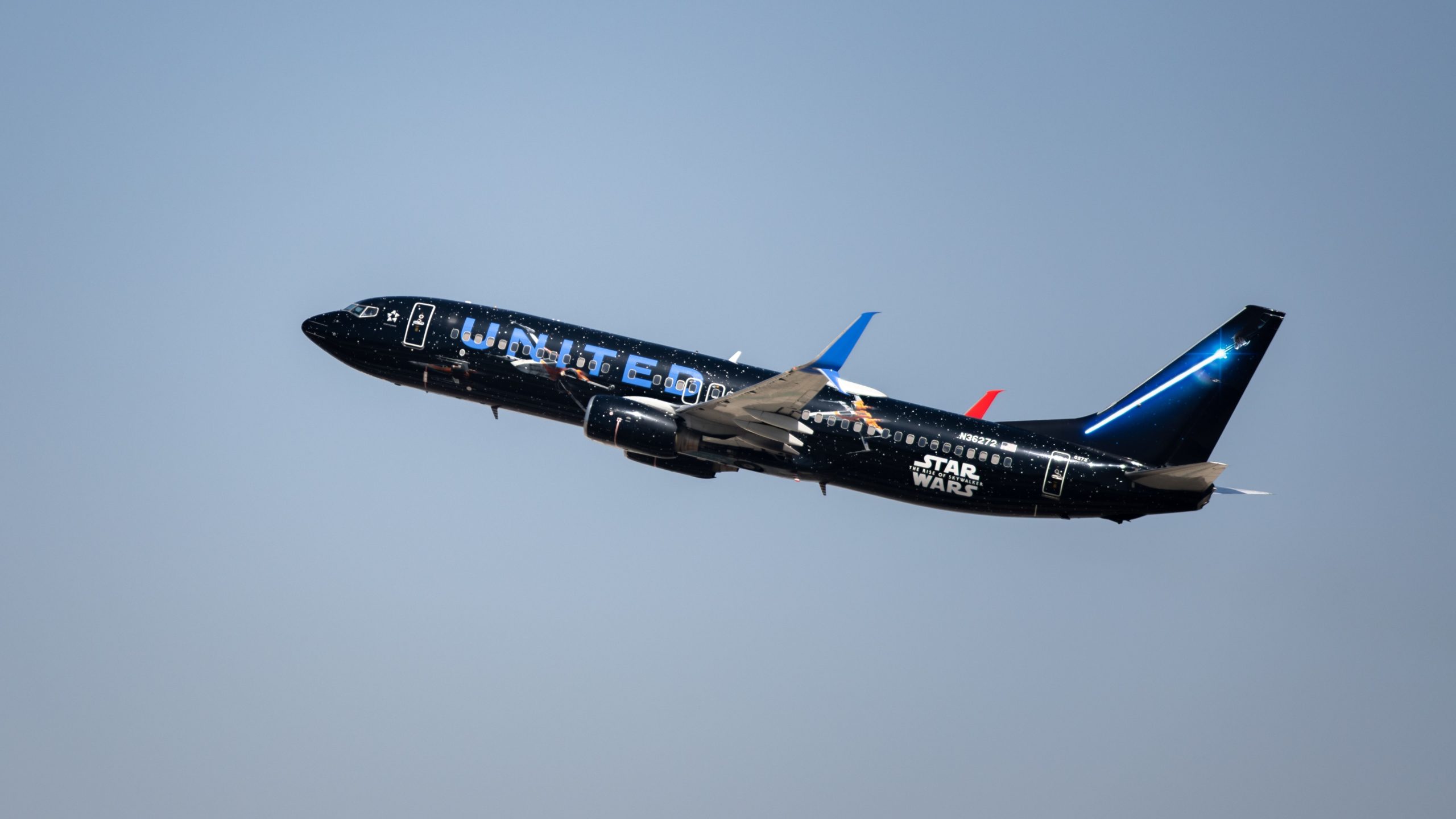
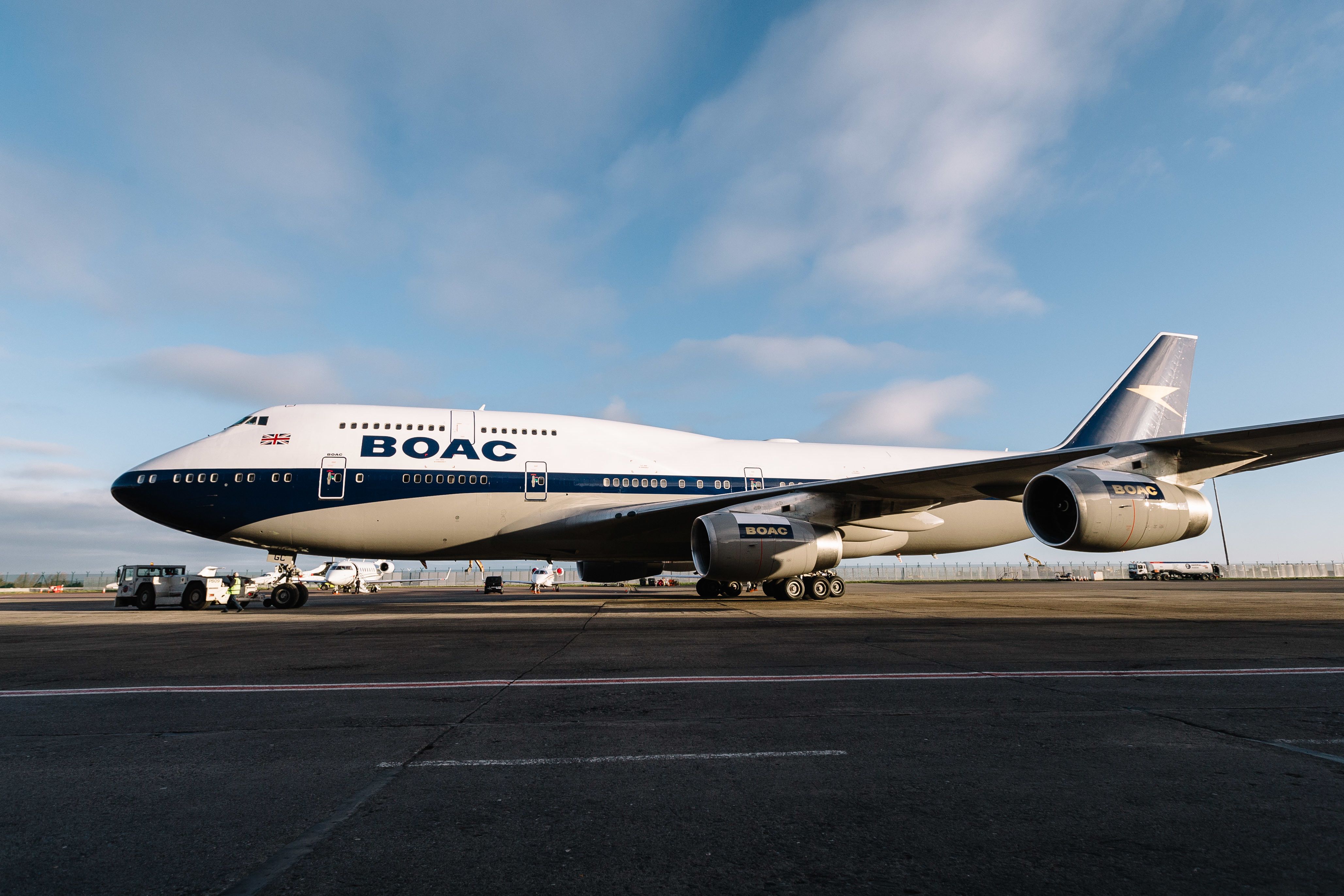
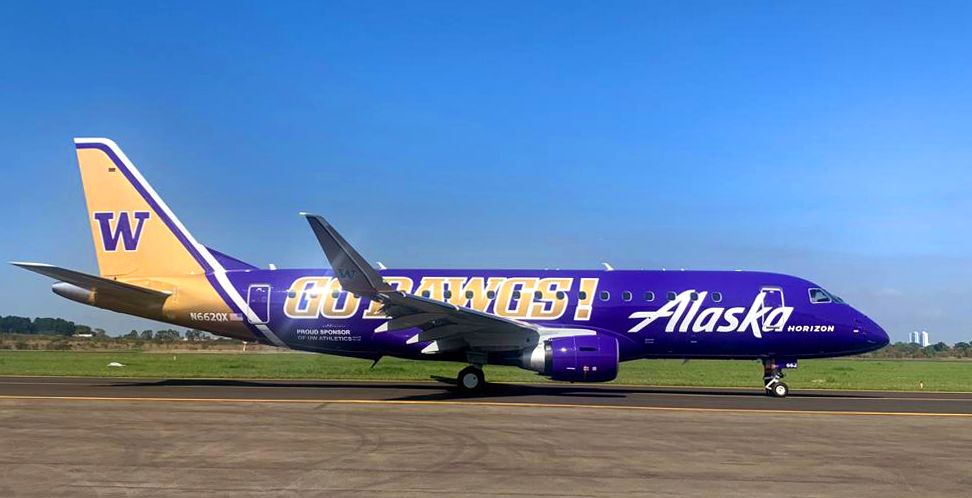
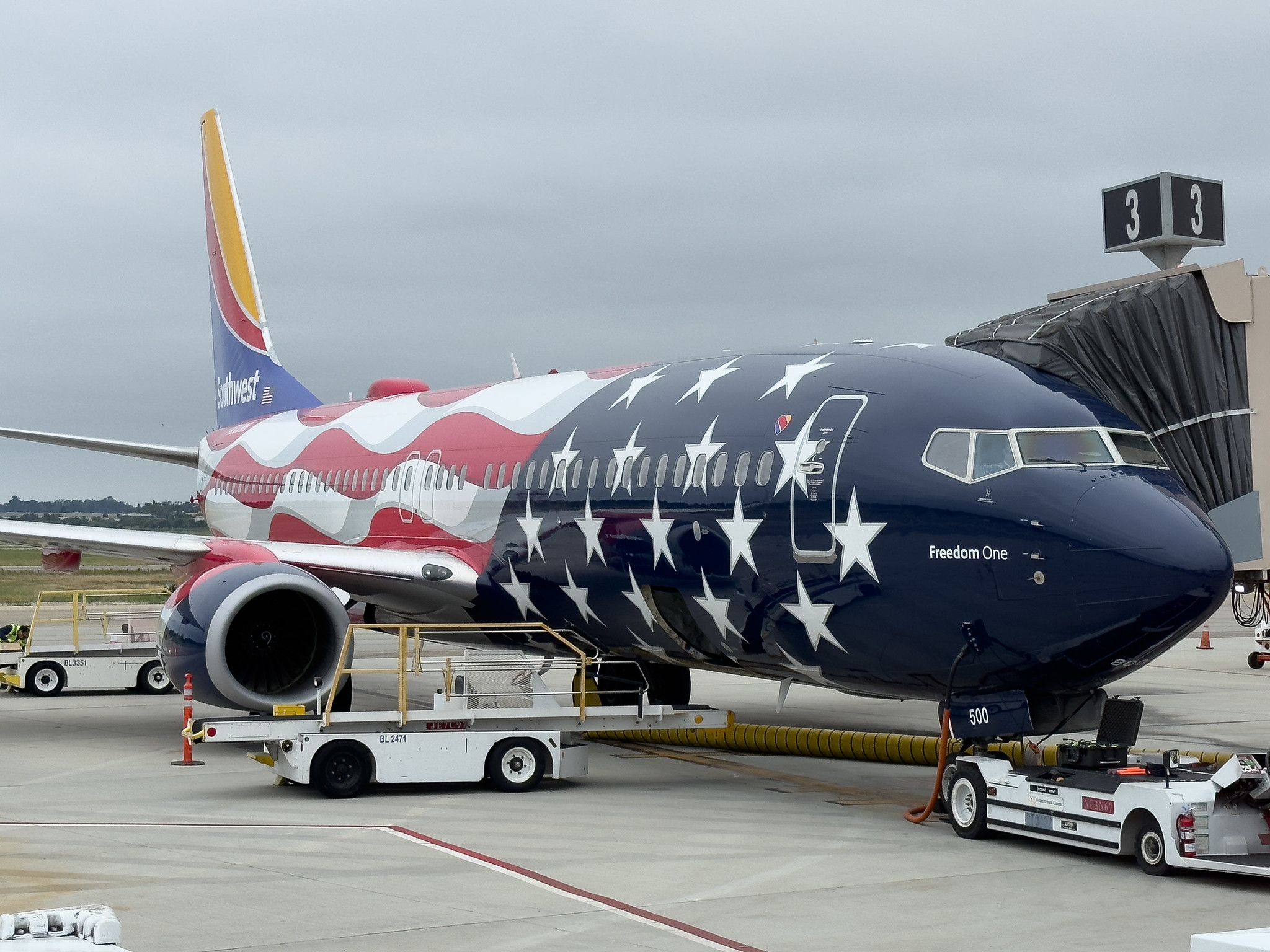
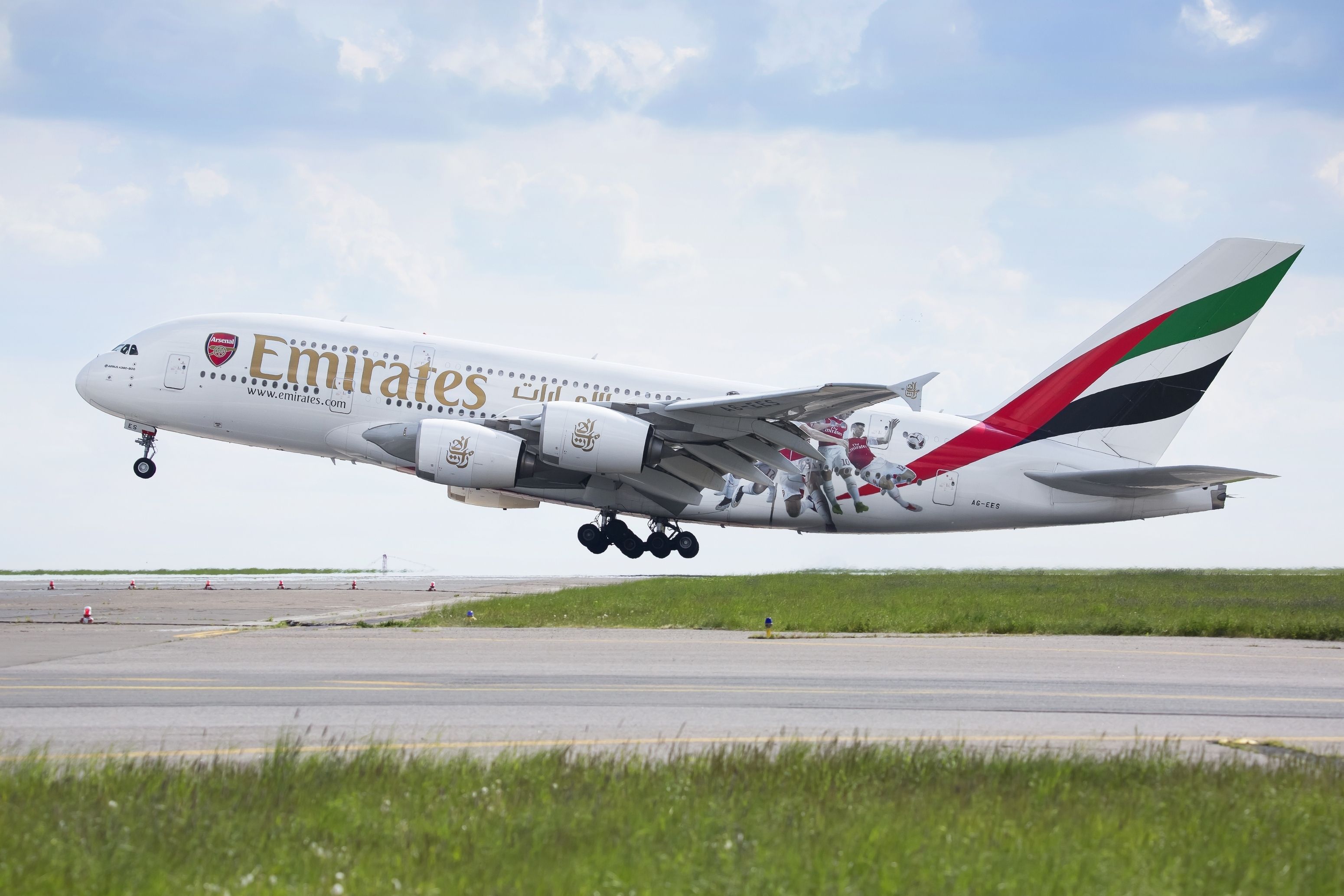
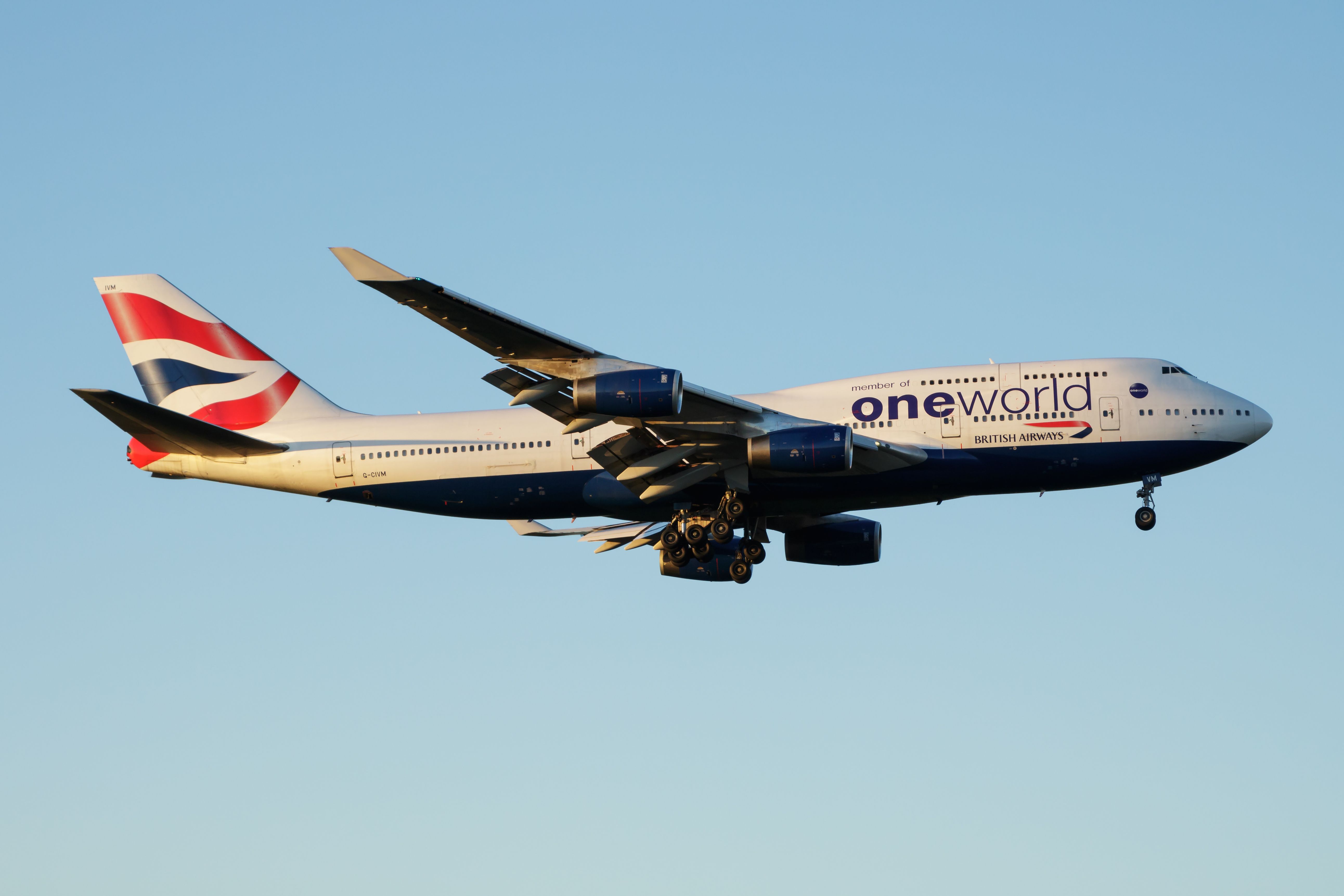
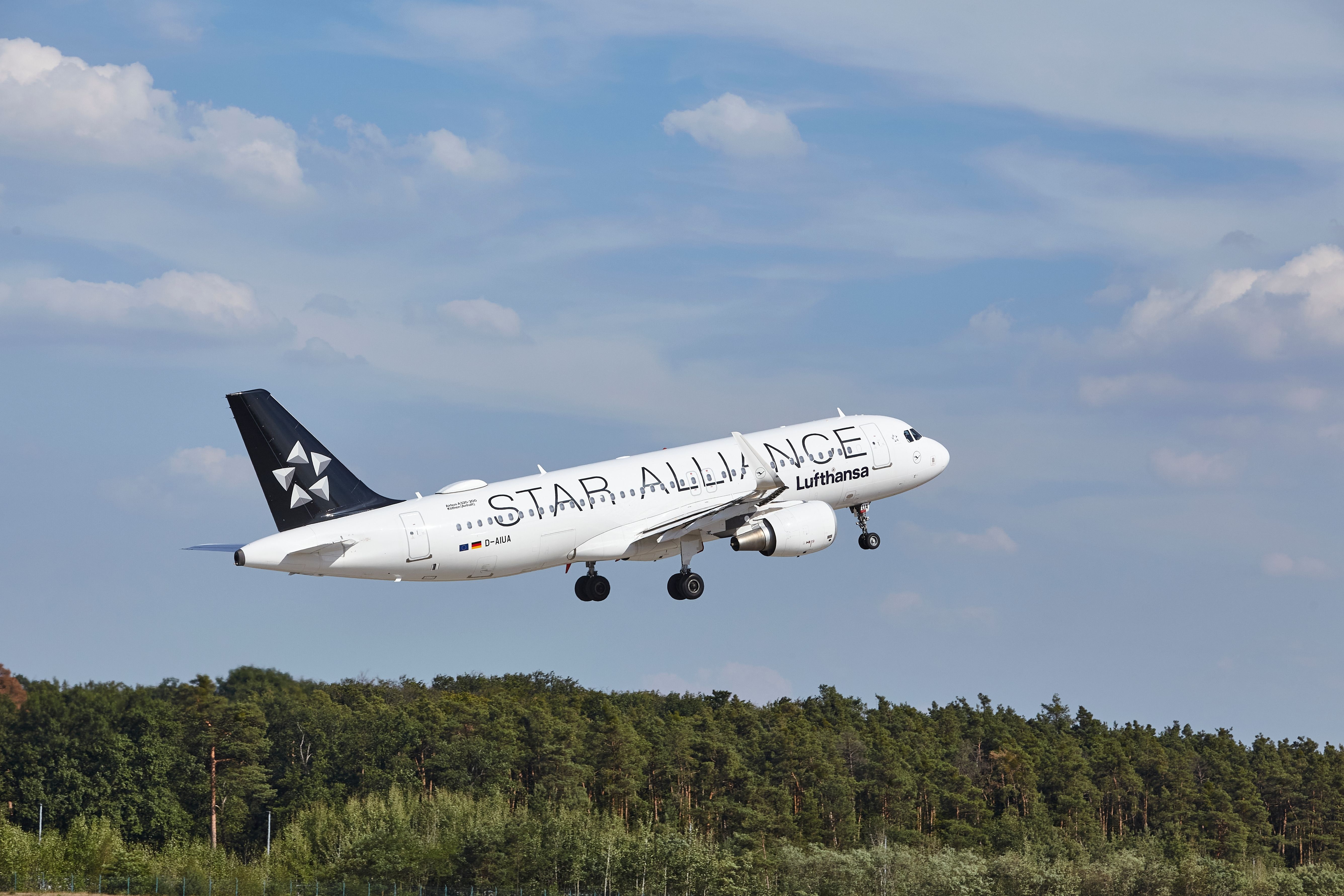
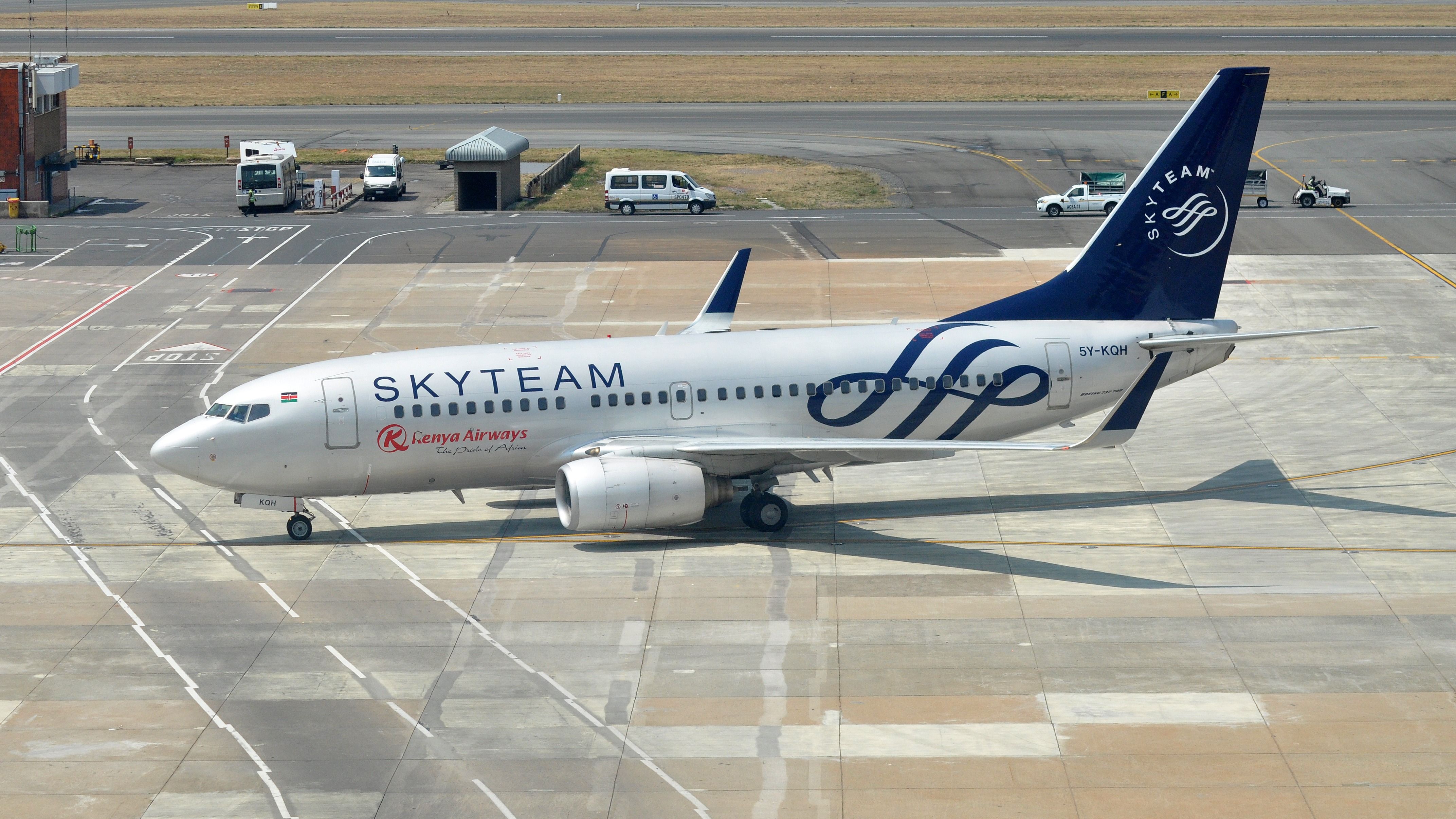
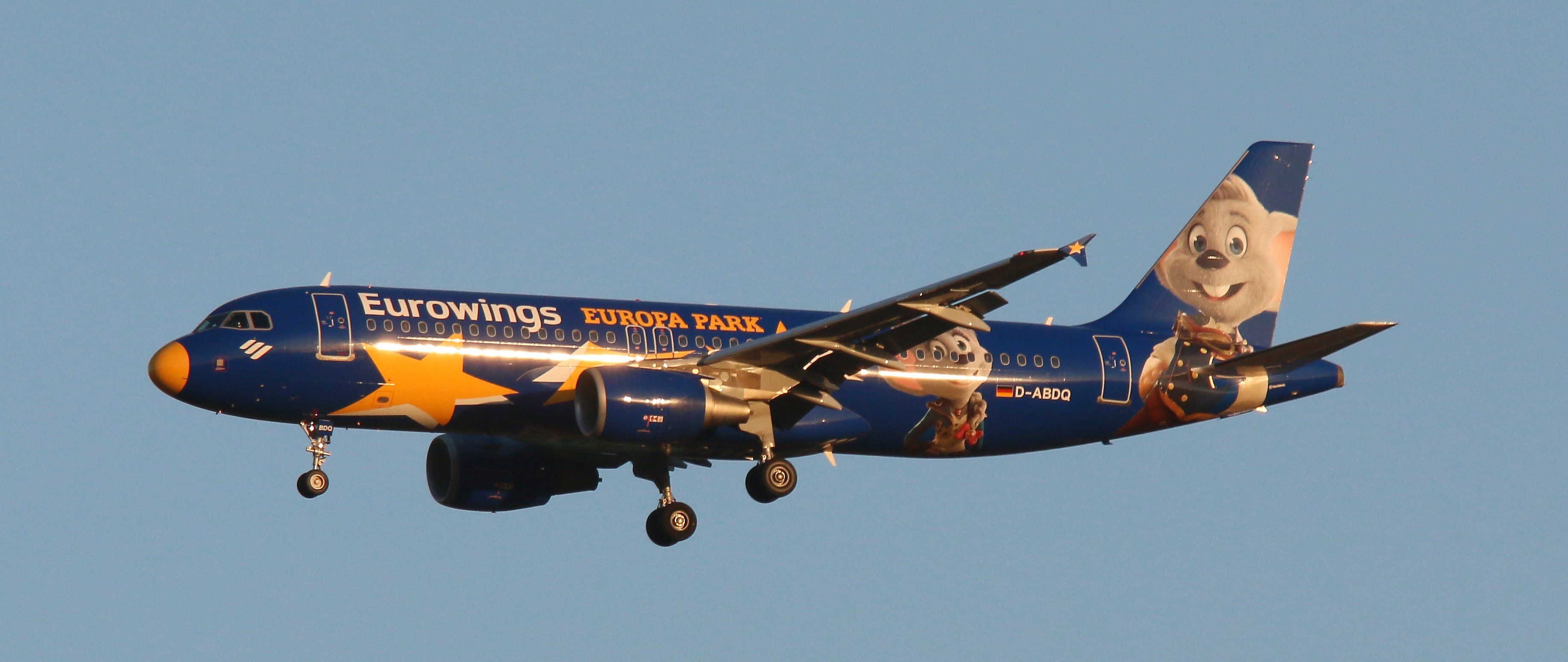
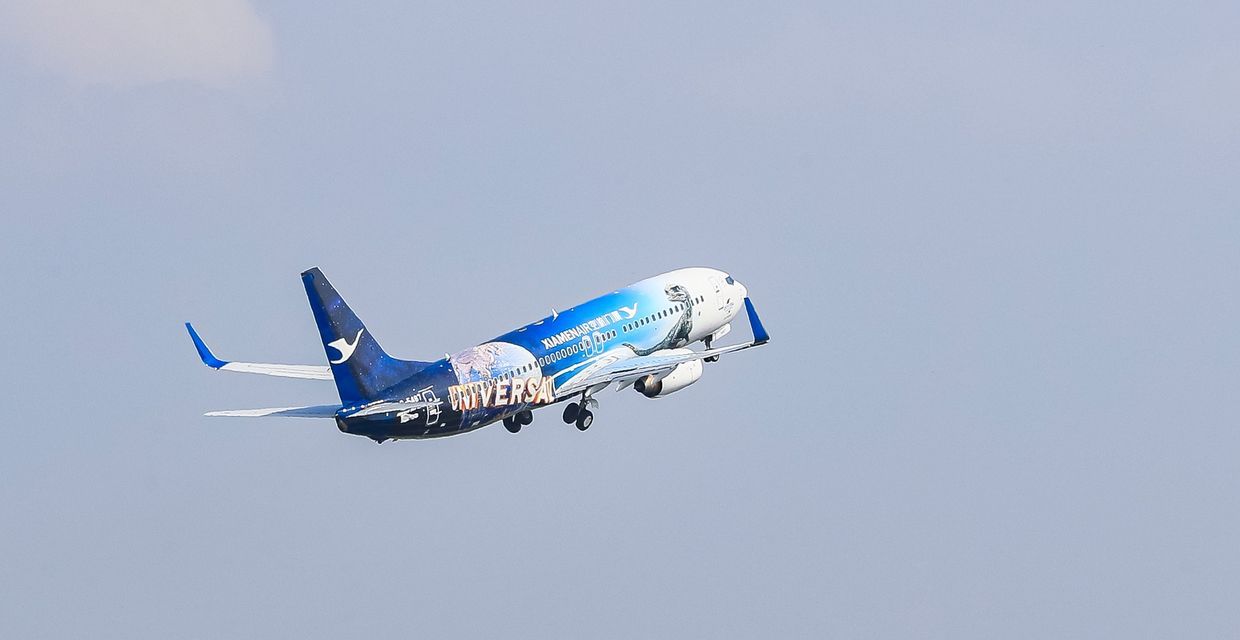
![Hi Fly Malta Airbus A380-841 [9H-MIP] departing Malta after painting in special colour scheme `Save the Coral Reefs` at ACM facility](https://static1.simpleflyingimages.com/wordpress/wp-content/uploads/2023/09/shutterstock_1139054270.jpg)